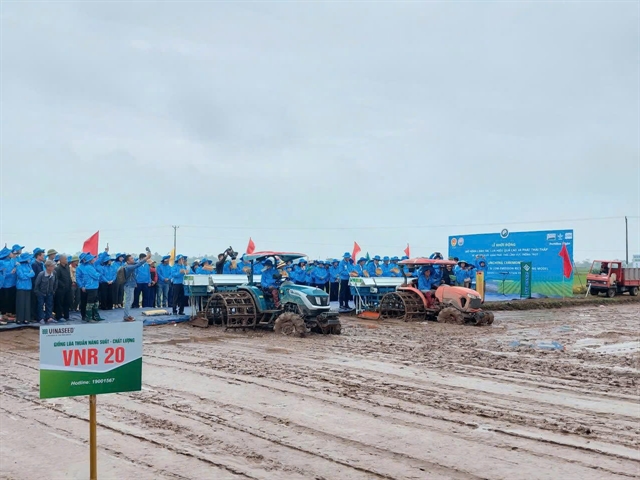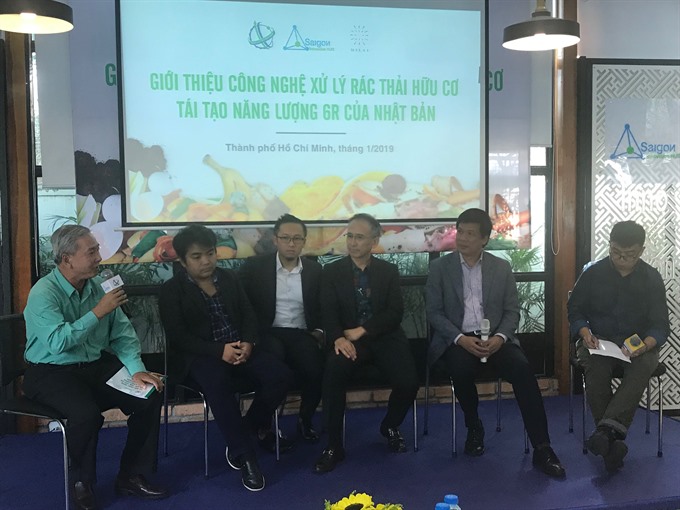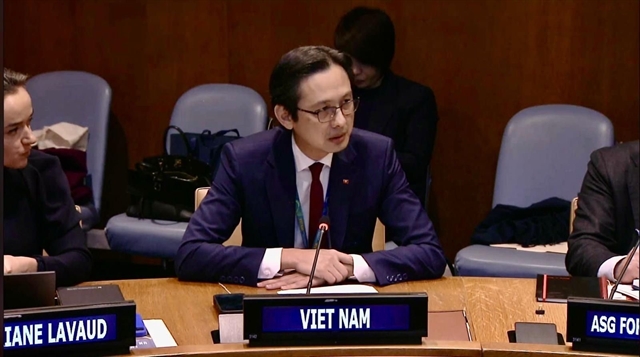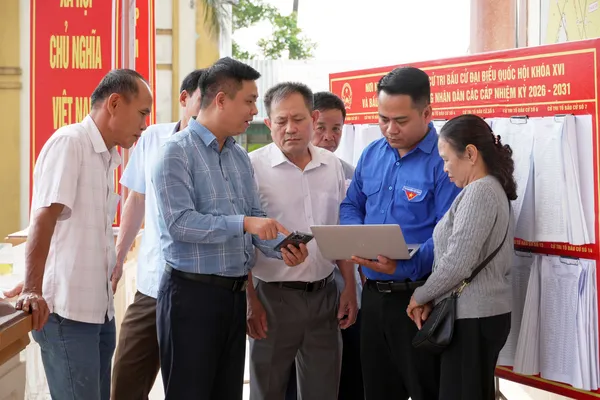 Environment
Environment

Closed-loop organic waste processing technology and de-centralised waste processing are possible solutions for Việt Nam’s organic waste problems, experts said at a discussion panel on Monday.
 |
| Experts in HCM City discuss the use of a Japanese organic waste-processing technology that is being transferred to Vietnamese partners. – VNS Photo Việt Dũng |
HCM CITY – Closed-loop organic waste processing technology and de-centralised waste processing are possible solutions for Việt Nam’s organic waste problems, experts said at a discussion panel on Monday.
Huỳnh Kim Tước, director of the Saigon Innovation Hub (SIHUB), said that de-centralised waste processing, in which waste would be processed on a smaller scale spread out over the city, would be less polluting than centralised facilities, which exist in fewer areas with larger volumes of waste.
Ichiro Hatayama, chairman of the MILAI Group, a Japanese technology research and development company, said the city currently has two waste burial sites where waste is transported, and the vehicles used to transport the waste produce a large amount of carbon dioxide (CO2).
SIHUB is working with MILAI Group to transfer the group’s 6R-MOT, an organic waste processing technology, to Vietnamese partners.
The technology can turn waste to energy more efficiently than traditional power generation from burning waste (which is high in moisture and requires oil for burning).
With 6R-MOT technology, electric vehicles would be used to transport waste. The waste would then be dried, carbonised and gasified to be used by gas engines to generate power, Hatayama said.
The electricity would be used to charge the vehicles, forming a closed loop with no CO2 emissions, he said, adding that fertilisers can also be created through the process.
The technology also offers greater flexibility by allowing a wide range of productivity ranges (from 100 kilos to 25 tonnes per machine every day), and can be used in a wide variety of locations in rural or urban areas.
According to SIHUB, waste from food accounts for 83 percent to 88.9 per cent of solid waste in the city.
The city has 26 waste collection facilities where waste is transported for pre-processing before being taken to treatment facilities.
Việt Nam spends around VNĐ2 trillion for waste transporting and processing annually.
More than 8,000 tonnes of waste are treated per day in HCM City. Much of it is buried, which takes a long time to process and causes pollution.
Organic waste is also processed into compost fertilisers and biogas, which also takes up a lot of space and a long time to process.
The city is offering favourable policies such as lower land rentals and subsidised interest to encourage firms to invest in waste-to-energy treatment facilities. — VNS




